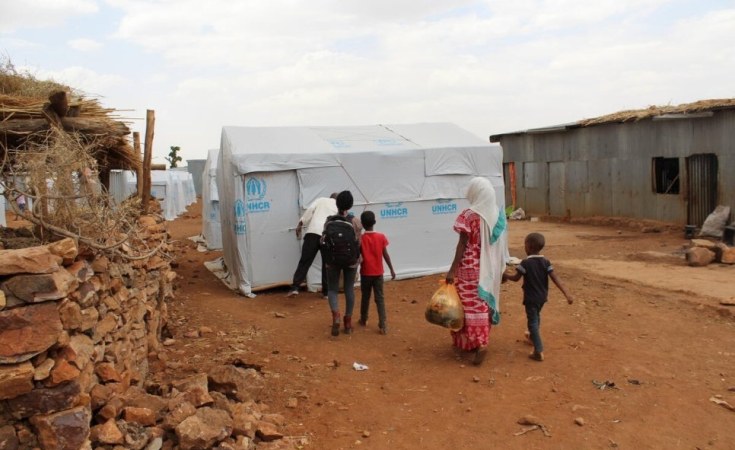Addis Abeba — A recent United Nations High Commissioner for Refugees (UNHCR) report reveals that over 2.5 million internally displaced persons (IDPs) in Ethiopia have returned to their villages, while close to 4.4 million remain displaced within the country.
According to UN findings, 65% of these displacements were caused by war and conflict, while drought accounted for 18%.
The return process varies across regions. In Tigray, 967,257 people have returned to their villages. Oromia has recorded 137,230 returns, while the Amhara region reports 951,931 returnees.
Despite these returns, nearly 4.4 million people remain displaced within Ethiopia.
The Somali region currently hosts the highest number of IDPs, at over 1.3 million.
Both Oromia and Tigray regions each report more than one million displaced persons, while the Amhara region has 436,805 IDPs.
A recent report by the UN Office for the Coordination of Humanitarian Affairs (OCHA) revealed that the number of IDPs in Ethiopia had risen dramatically from 500,000 in 2016 to 5.8 million in 2021.
Addressing the issue of IDP returns in a speech to lawmakers on 04 June, Prime Minister Abiy Ahmed said, "We have seen the beginning of returns to Tigray, albeit in small numbers. Additionally, hundreds of thousands have returned from Amhara to Oromia."
Following an agreement between the federal government, Amhara, and Tigray regional states, a phased return of IDPs to Tigray has been underway.
The first group of 1,500 IDPs returned to the Tselemti district on 29 June, 2024. A second phase resulted in nearly 2,200 IDPs resettling in the district.
In the third phase, regional media reported that nearly 5,000 IDPs returned to Northwestern Tigray, resettling in May Tsebir town and three other locations in the Tselemti district.


